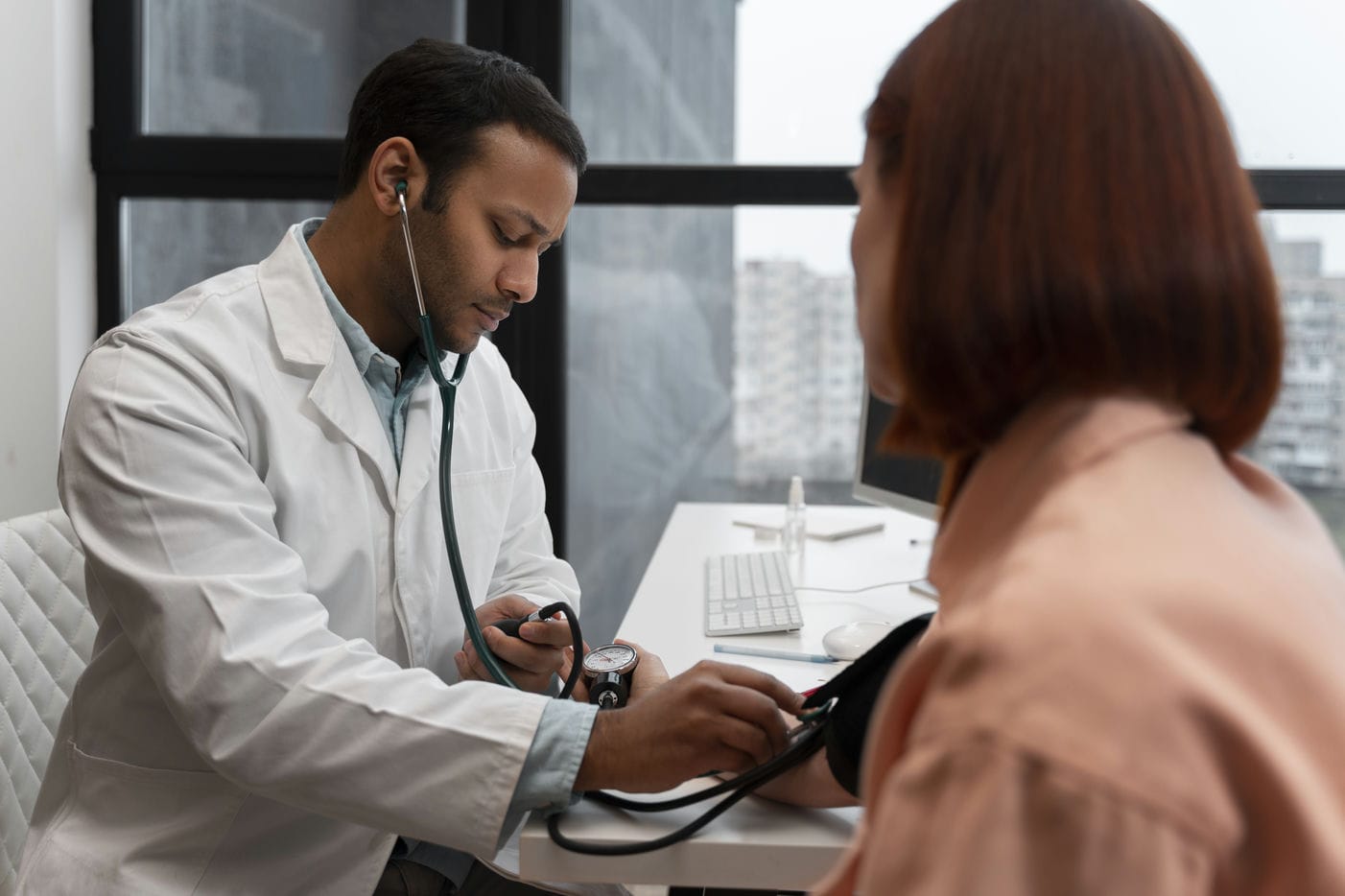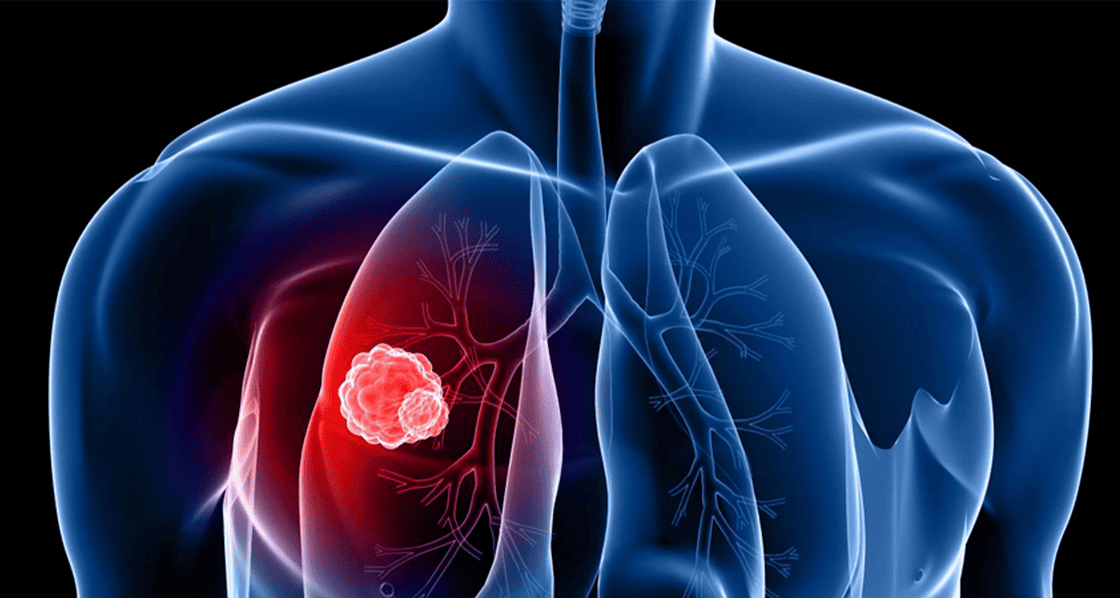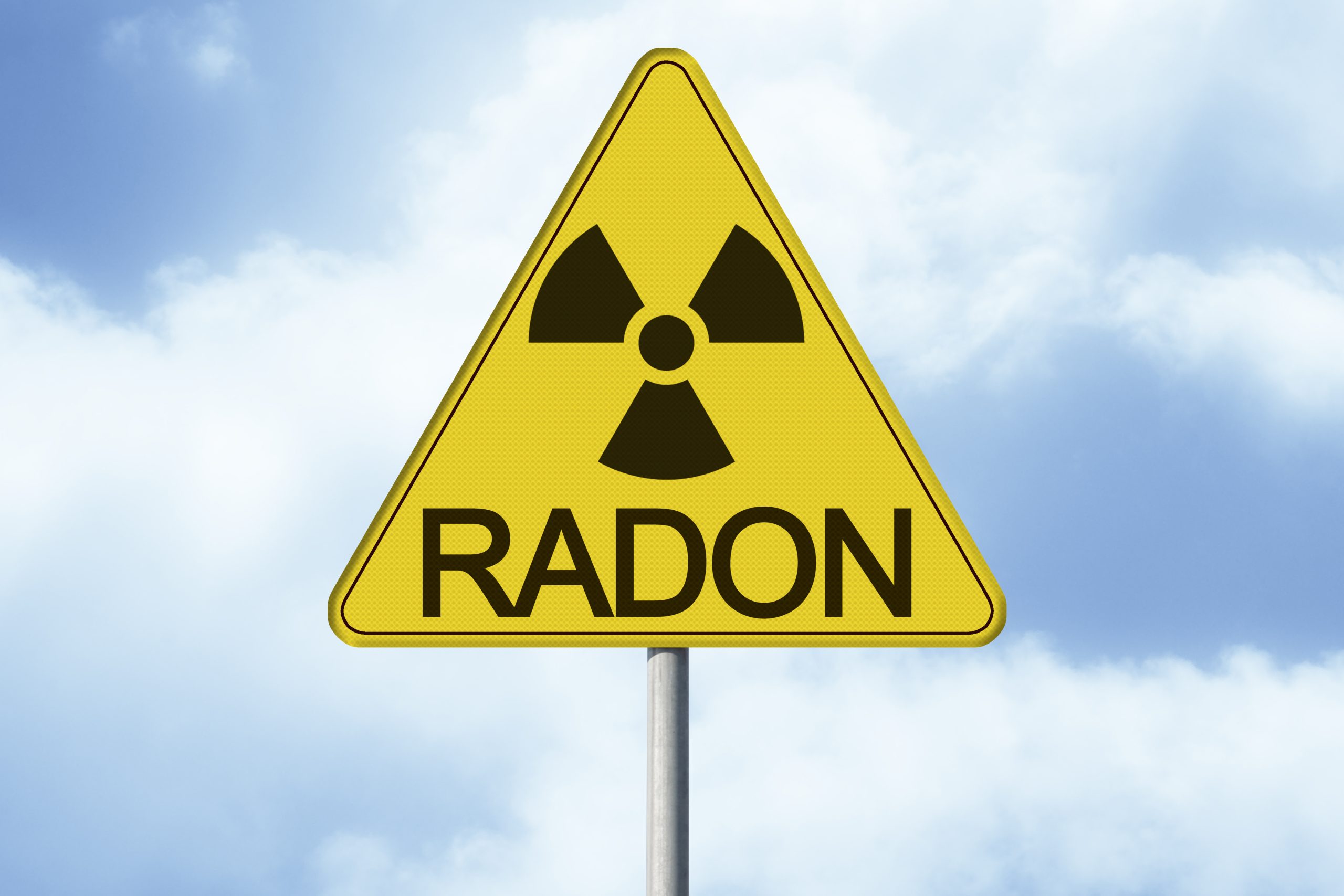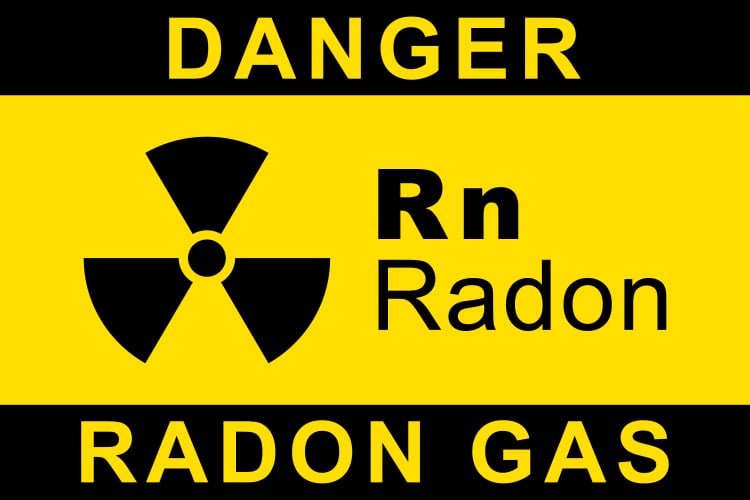Radon is a radioactive gas that occurs naturally when uranium, thorium, and radium break down in soil, rock, and water. It is colorless, odorless, and tasteless, making it difficult to detect without specialized equipment. Prolonged radon exposure can lead to serious health risks, primarily lung cancer. If you suspect radon exposure or have been informed of its presence in your environment, seeking medical attention is crucial to assess any potential health impacts and determine the necessary steps to safeguard your health.
This article will delve into the reasons why you should consult a healthcare provider after radon exposure, the health risks associated with radon, and the preventive measures you can take to protect yourself and your loved ones.
Table of Contents
Understanding Radon Exposure
Radon exposure occurs when you inhale radon gas, which can accumulate in enclosed spaces such as homes, offices, and schools. The primary source of radon is the soil beneath buildings, but it can also be found in well water, building materials, and outdoor air. Radon gas decays into radioactive particles that can get trapped in your lungs, causing damage to lung tissue over time.
Health Risks Associated with Radon Exposure
The primary health risk associated with radon exposure is lung cancer. According to the Environmental Protection Agency (EPA), radon is the second leading cause of lung cancer in the United States, responsible for approximately 21,000 deaths each year. The risk of lung cancer increases with the level of radon exposure and the duration of exposure. Smokers are at a higher risk of developing lung cancer from radon exposure than non-smokers.
Symptoms of Radon Poisoning
Symptoms of radon poisoning are not immediate and may not appear for many years. They can include persistent coughing, wheezing, shortness of breath, chest pain, hoarseness, and frequent respiratory infections. These symptoms can also be associated with other health conditions, making it difficult to diagnose radon poisoning without proper testing.
Why You Should Consult a Healthcare Provider After Radon Exposure
If you suspect radon exposure or have been informed of its presence in your environment, consulting a healthcare provider is crucial for several reasons. First, a healthcare provider can assess your risk of developing lung cancer based on your radon exposure level, duration, and other factors such as smoking history. They can also order appropriate diagnostic tests, such as a chest X-ray or a low-dose computed tomography (LDCT) scan, to detect any early signs of lung cancer.
Second, a healthcare provider can guide preventive measures to reduce your radon exposure level. They can recommend testing your home or workplace for radon, sealing cracks and openings in floors and walls, increasing ventilation, and using radon mitigation systems. They can also provide advice on quitting smoking, which can significantly reduce your risk of lung cancer from radon exposure.
Third, a healthcare provider can monitor your health over time and provide ongoing support and care if you develop lung cancer or other health conditions related to radon exposure. They can also refer you to specialists, such as oncologists and pulmonologists, for further evaluation and treatment.
Preventive Measures to Reduce Radon Exposure
There are several preventive measures you can take to reduce your radon exposure level and protect your health. These include:
- Testing your home or workplace for radon using a certified radon testing professional or a do-it-yourself radon test kit. The EPA recommends testing every two years or after any major renovations.
- Sealing cracks and openings in floors and walls, especially in basements and crawl spaces, to prevent radon from entering your home or workplace.
- Increasing ventilation by opening windows and doors, using fans, and installing ventilation systems. This can help dilute radon levels and reduce your exposure.
- Use radon mitigation systems, such as sub-slab depressurization systems, to reduce radon levels in your home or workplace. These systems can be installed by certified radon mitigation professionals.
- Quitting smoking can significantly reduce your risk of lung cancer from radon exposure.
Conclusion
Radon exposure is a serious health risk that can lead to lung cancer and other respiratory conditions. If you suspect radon exposure or have been informed of its presence in your environment, seeking medical attention is crucial to assess any potential health impacts and determine the necessary steps to safeguard your health. A healthcare provider can guide preventive measures, diagnostic tests, and ongoing care and support. By taking preventive measures to reduce your radon exposure level, you can protect your health and the health of your loved ones.





